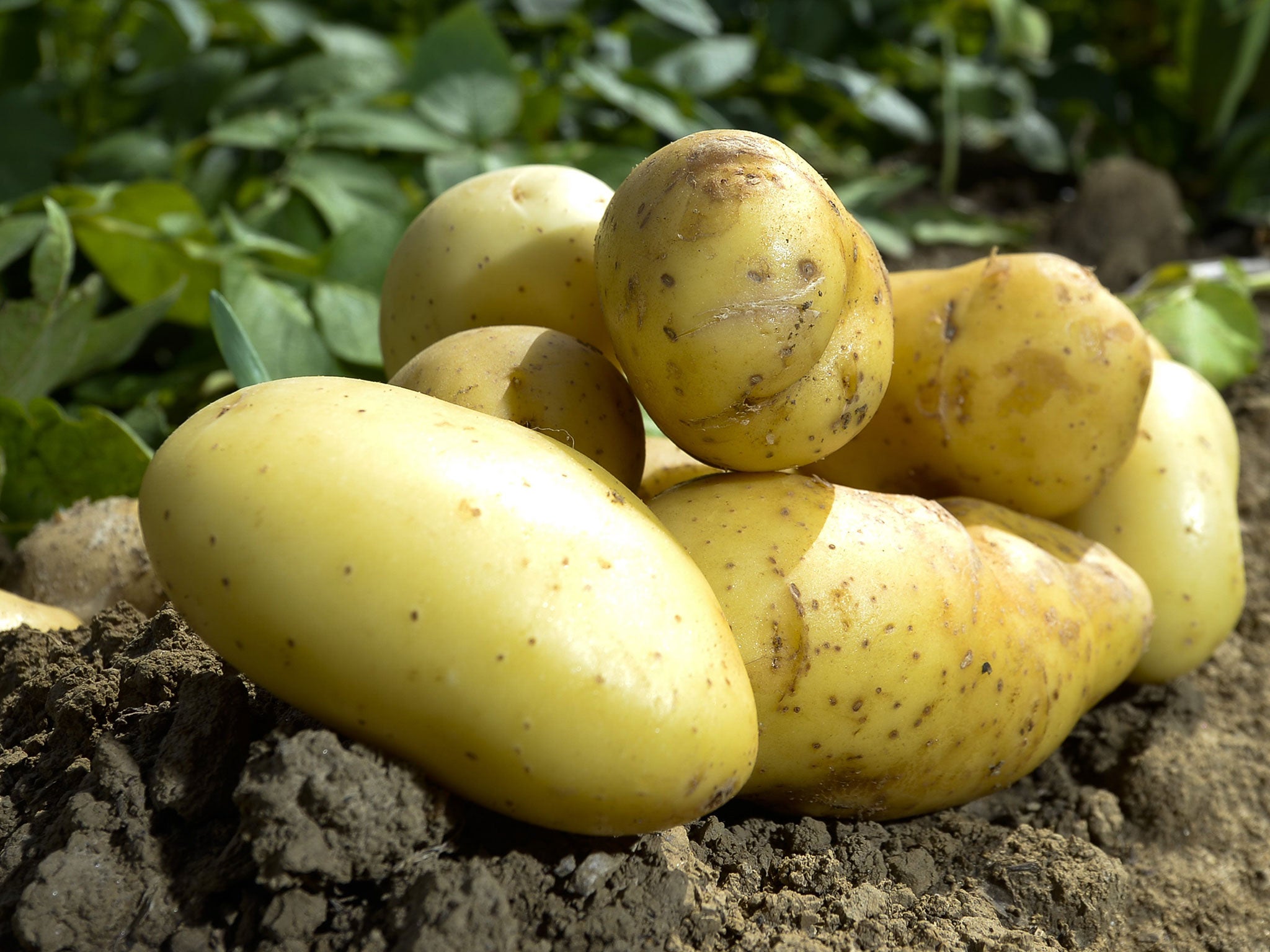Certain vegetables 'could be making people overweight'
Potatoes have emerged as a key culprit in the five-a-day diet

Your support helps us to tell the story
From reproductive rights to climate change to Big Tech, The Independent is on the ground when the story is developing. Whether it's investigating the financials of Elon Musk's pro-Trump PAC or producing our latest documentary, 'The A Word', which shines a light on the American women fighting for reproductive rights, we know how important it is to parse out the facts from the messaging.
At such a critical moment in US history, we need reporters on the ground. Your donation allows us to keep sending journalists to speak to both sides of the story.
The Independent is trusted by Americans across the entire political spectrum. And unlike many other quality news outlets, we choose not to lock Americans out of our reporting and analysis with paywalls. We believe quality journalism should be available to everyone, paid for by those who can afford it.
Your support makes all the difference.Certain vegetables could in fact be making people overweight, a new study has shown.
Potatoes have emerged as a culprit in the five-a-day diet because of their high starch and low water content, according to researchers.
Researchers at the Harvard School of Public Health also discovered that different fruits and vegetables have different effects on weight gain - with blueberries coming out tops and potatoes not doing so well.
A handful of blueberries a day was linked to about a pound and a half of weight loss, possibly because they are replacing a fatty desert - or because they contain metabolism-altering compounds called polyphenols.
But potatoes were linked to weight gain among participants of the study - with researchers recommending a swap to wholegrain rice or bread instead.
Over 24 years, participants were asked every four years how often they ate 131 different foods, as well as being weighed and asked about exercise, TV and smoking habits.
Unsurprisingly, a high intake of fruit and vegetables was linked to weight loss over the 24 year period.
Out of the vegetables most likely to help reduce obesity, those such as cauliflower, Brussels sprouts and broccoli were top performers.
Other fruits linked to weight loss included prunes, apples, pears and strawberries.
Two thirds of adults and a quarter of children between two and 10 years old are overweight or obese in the UK, according to estimates by the government body Public Health England.
And by 2034, 70% of UK adults are expected to be overweight or obese, according to the International Journal of Obesity.
In the US, meanwhile, more than one-third of American adults is obese (34.9%), according to the most recent figures released by the Journal of American Medicine.
Join our commenting forum
Join thought-provoking conversations, follow other Independent readers and see their replies
Comments